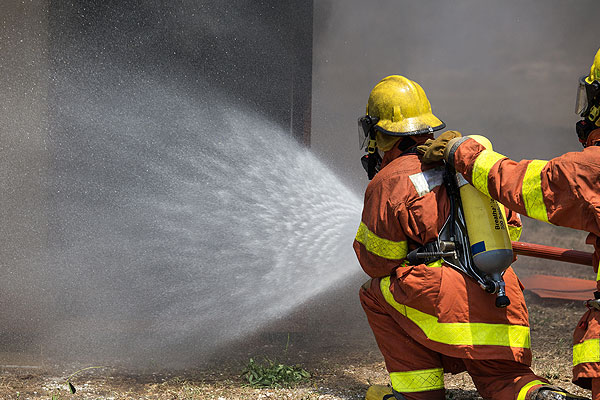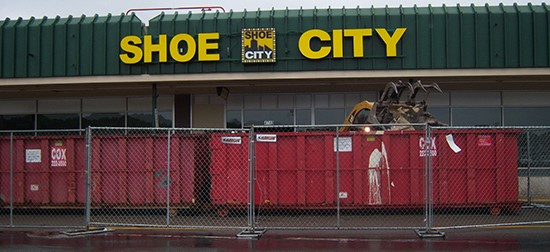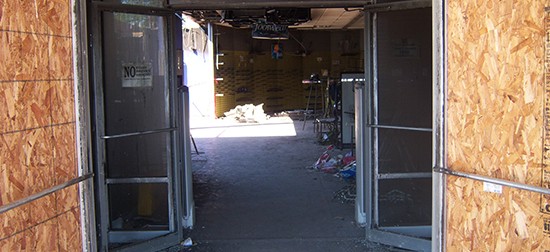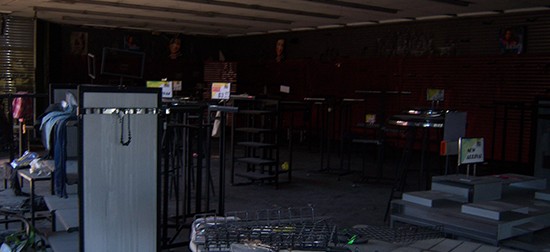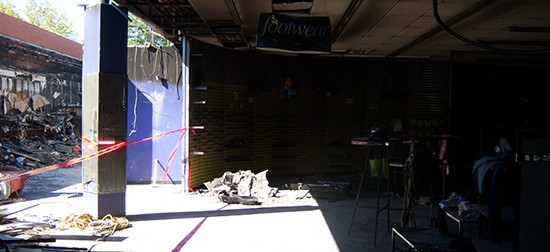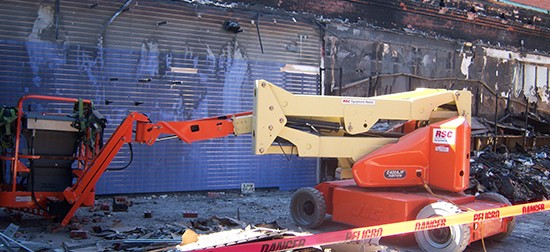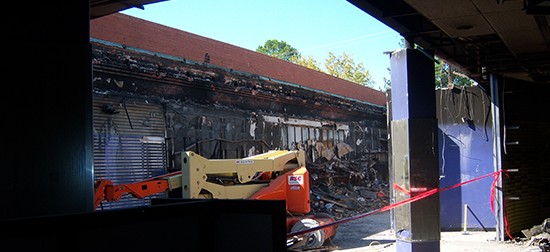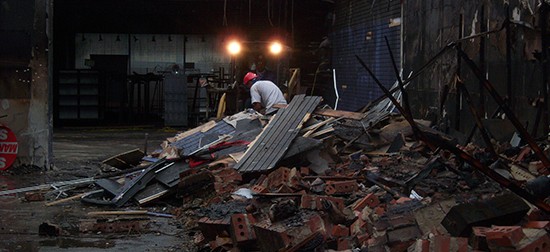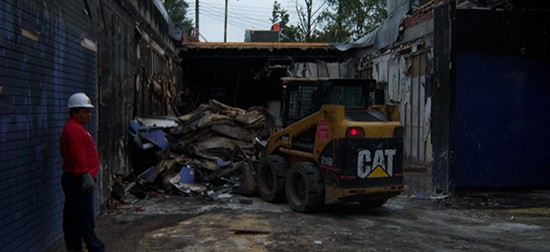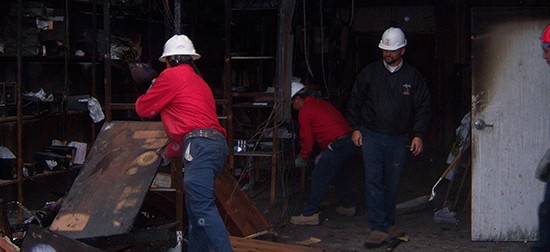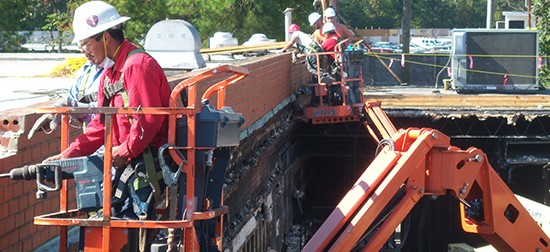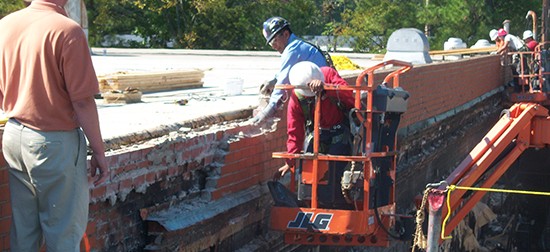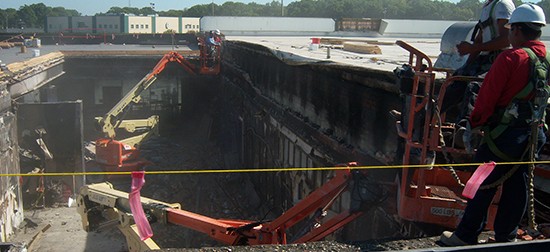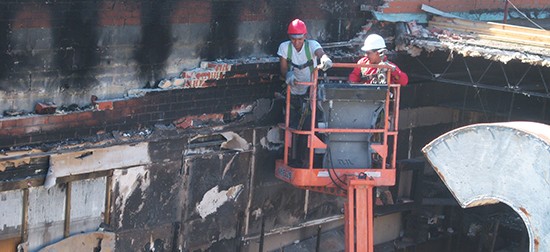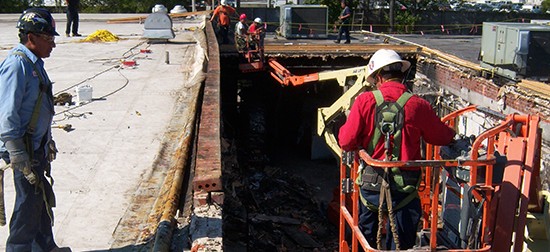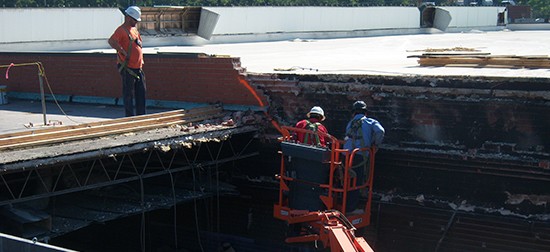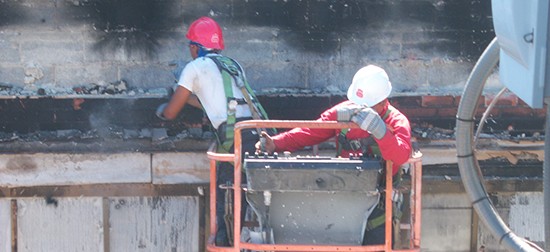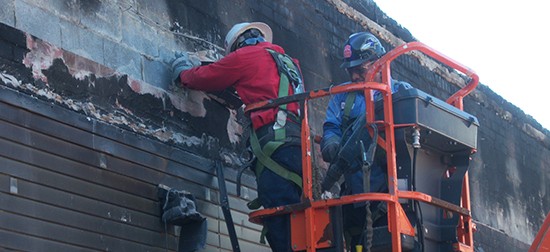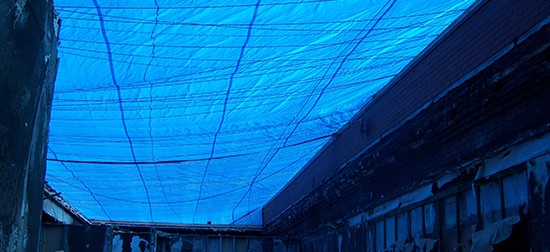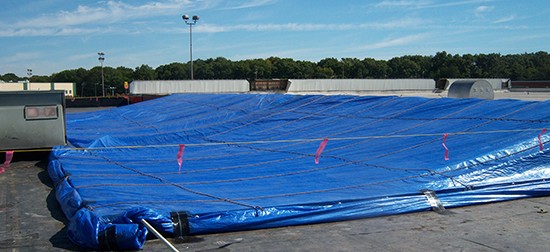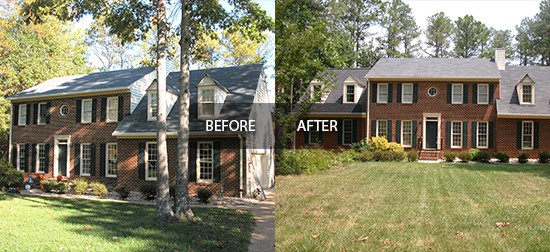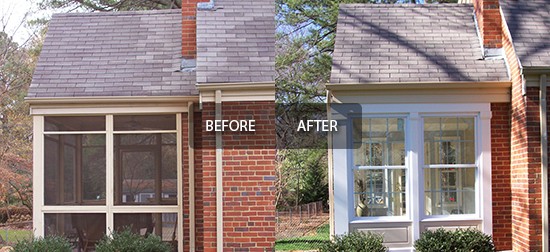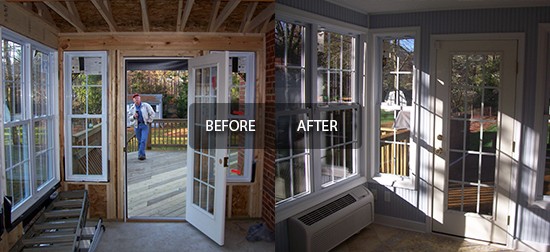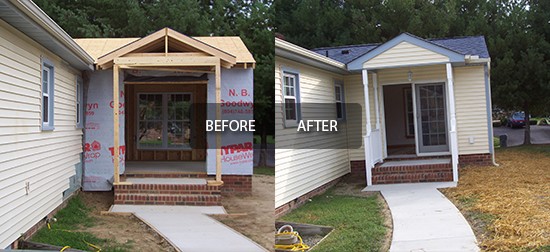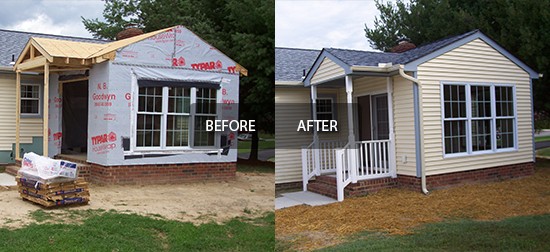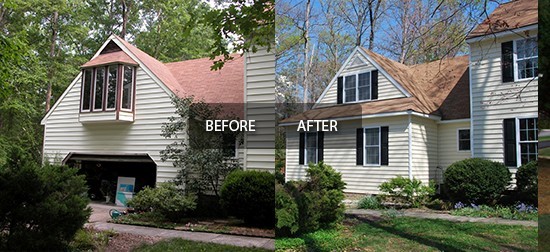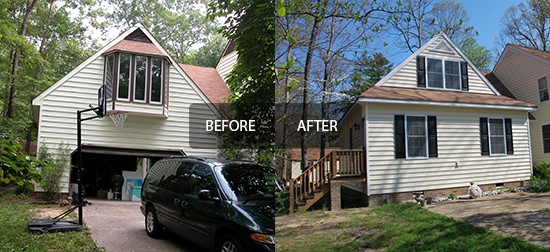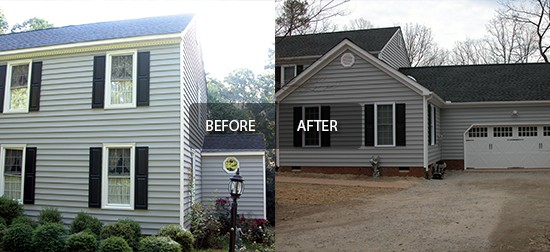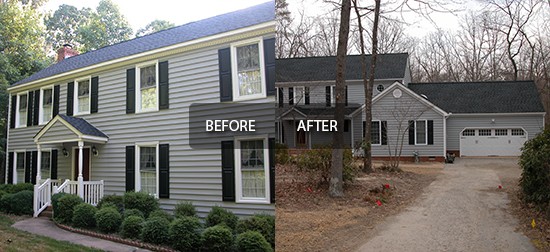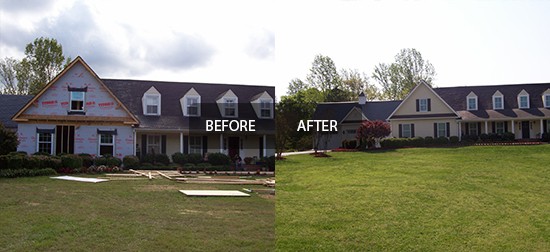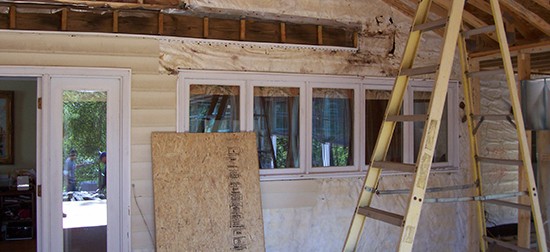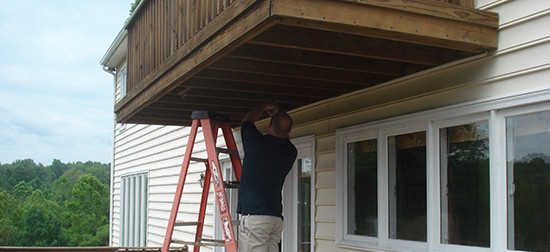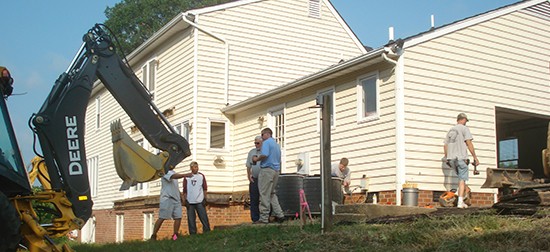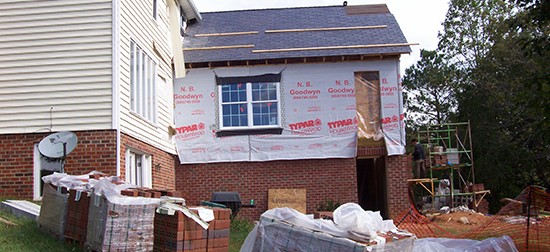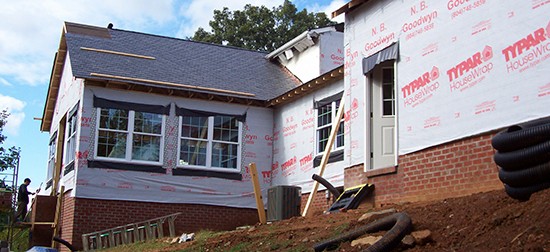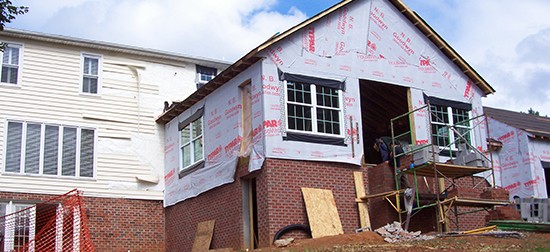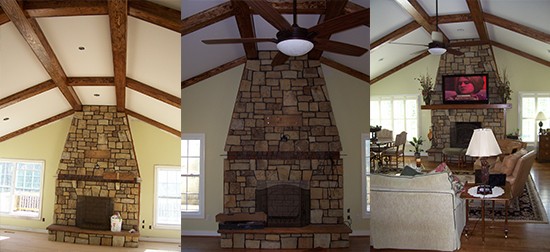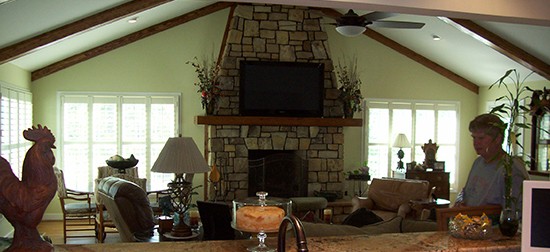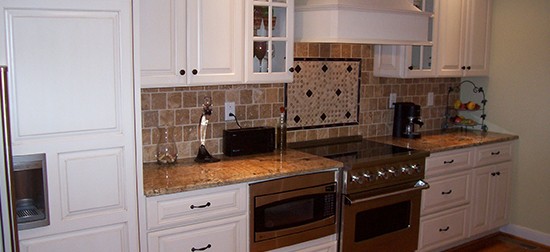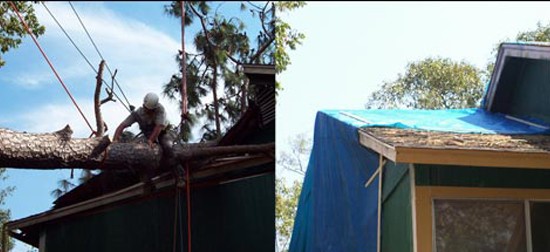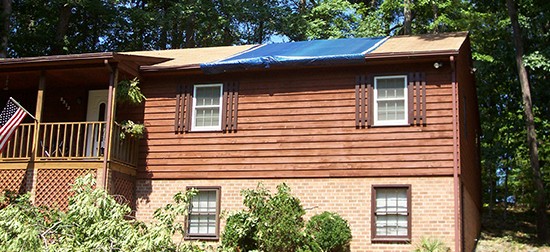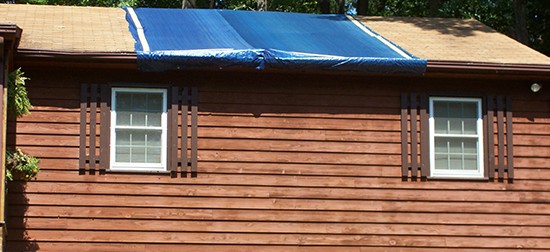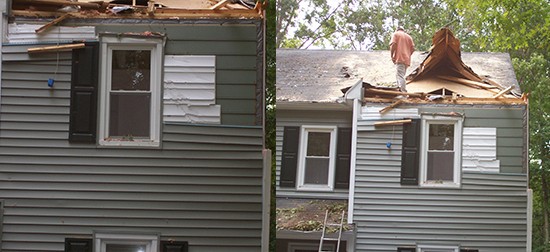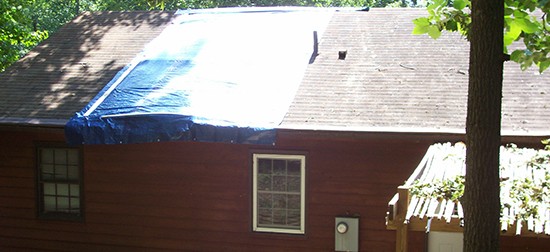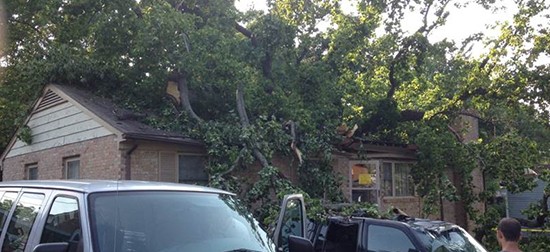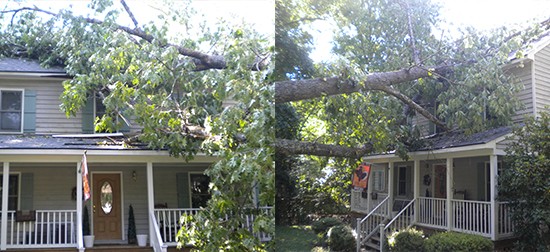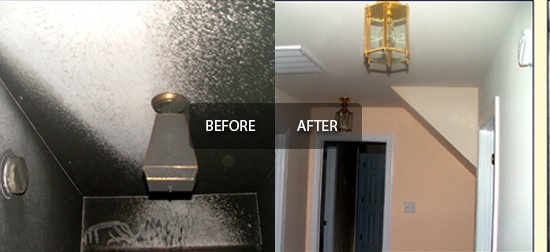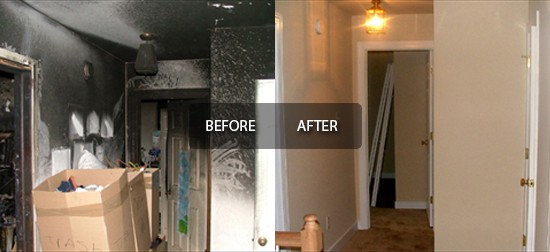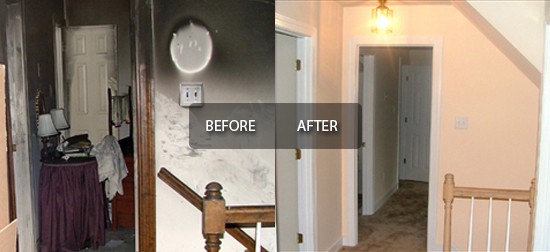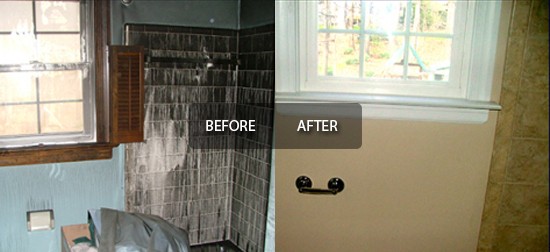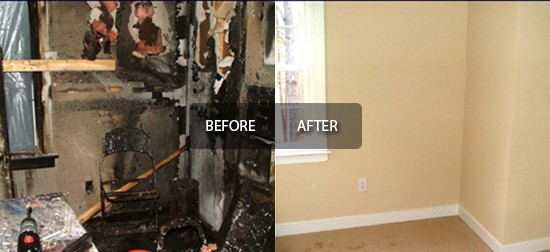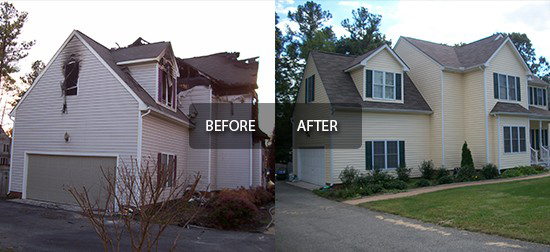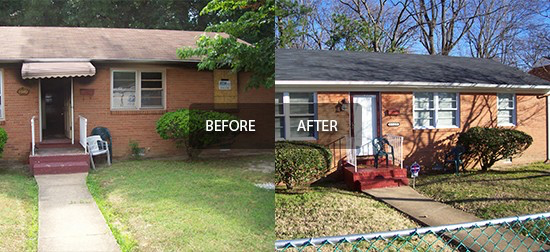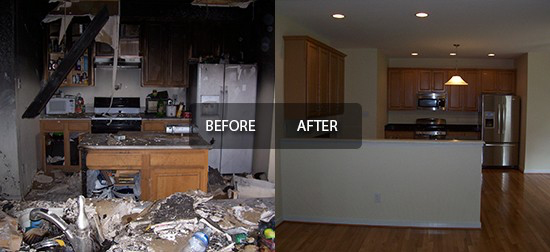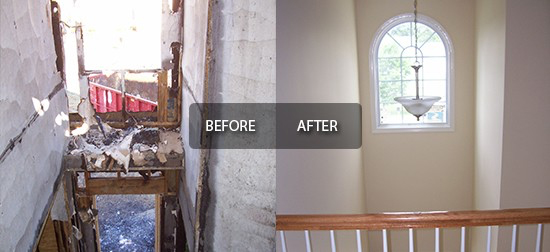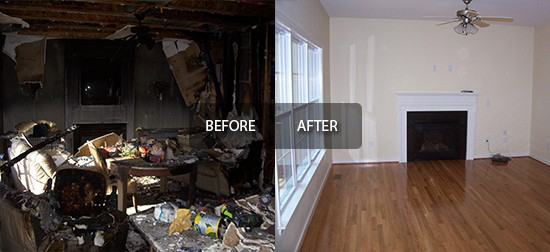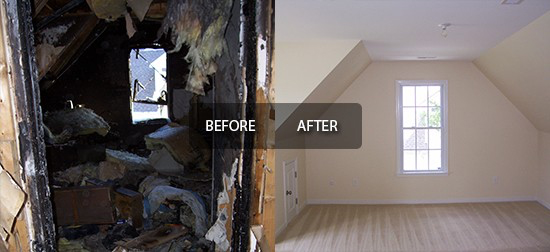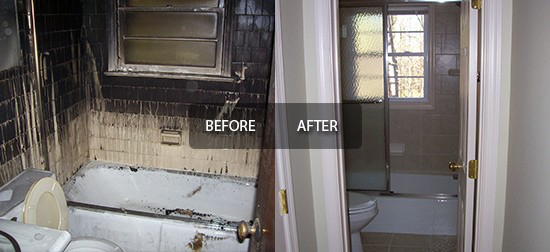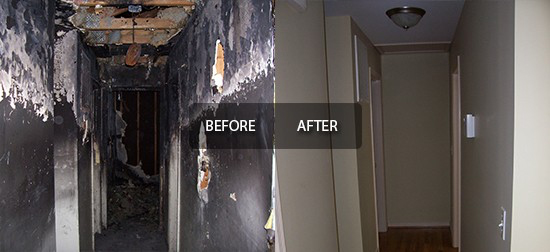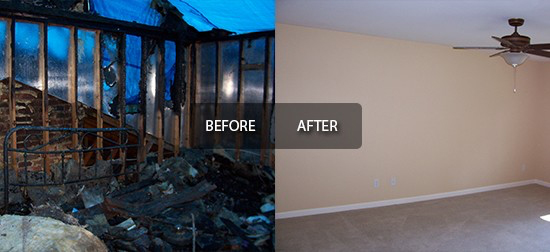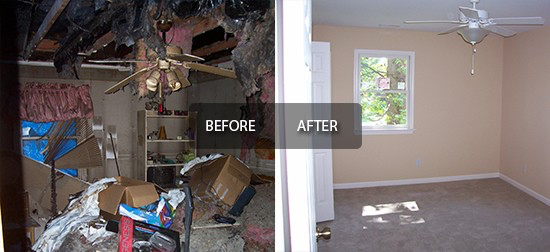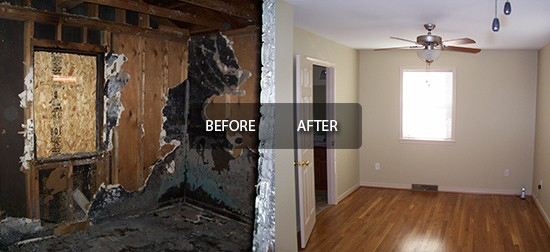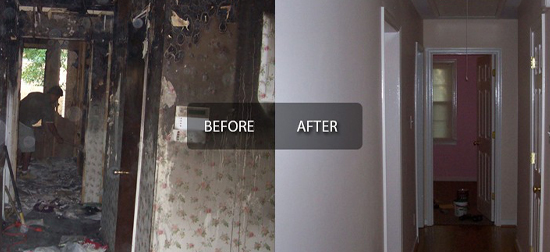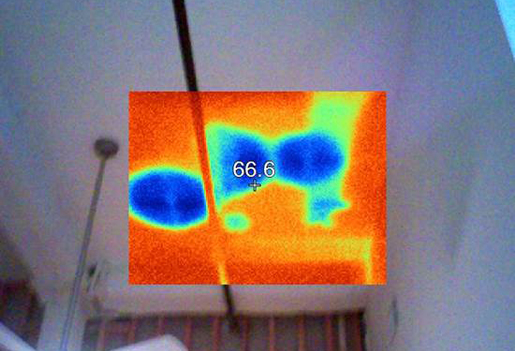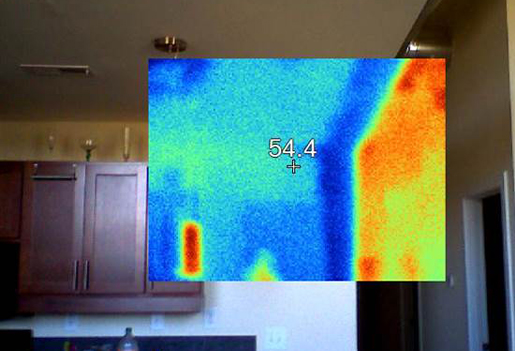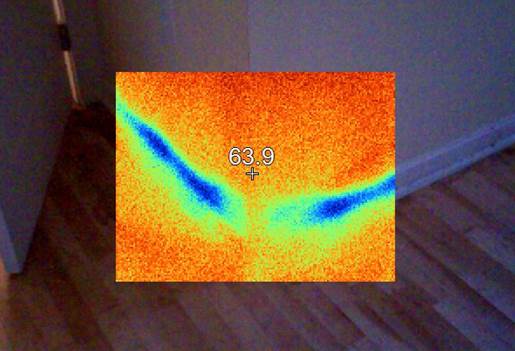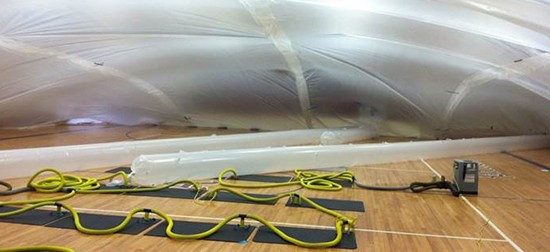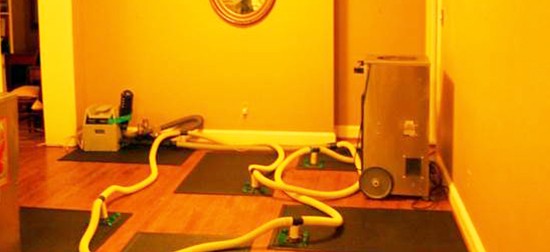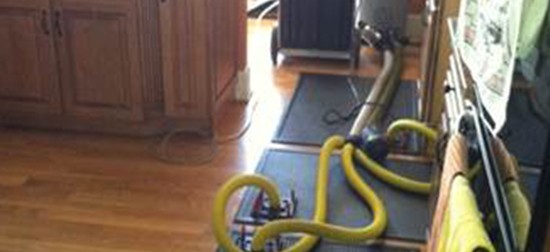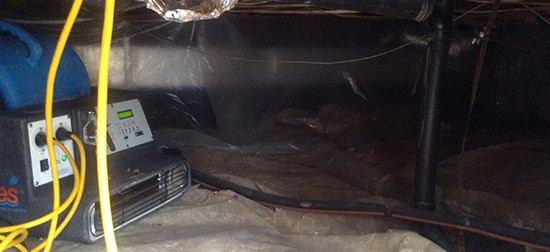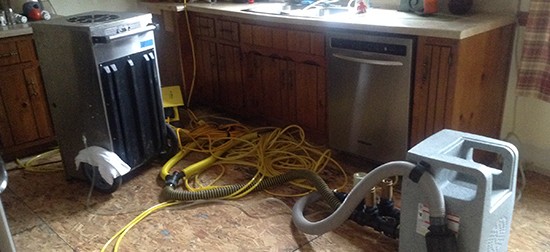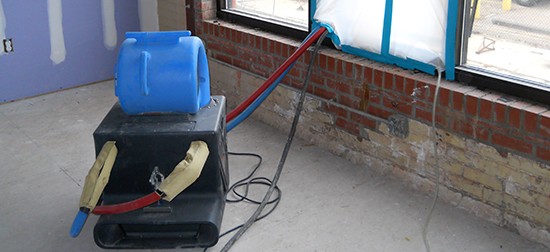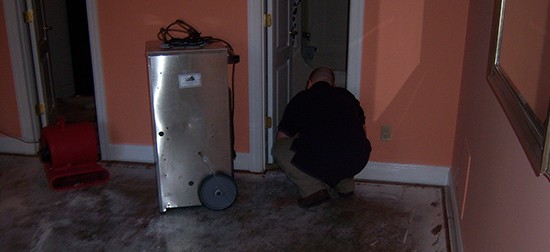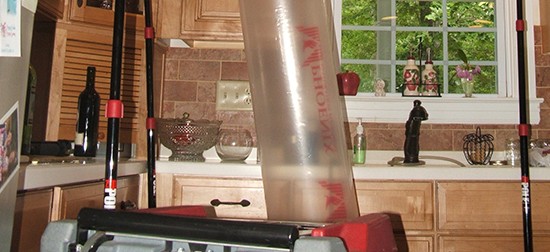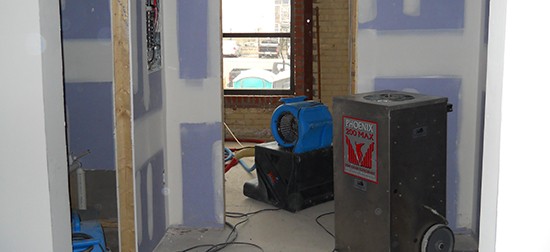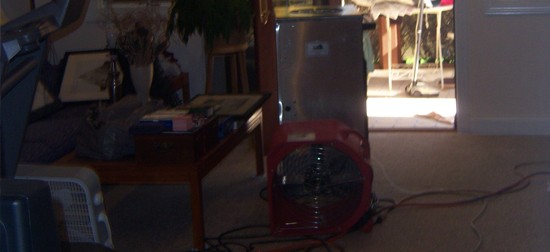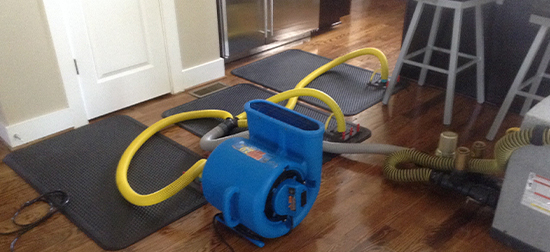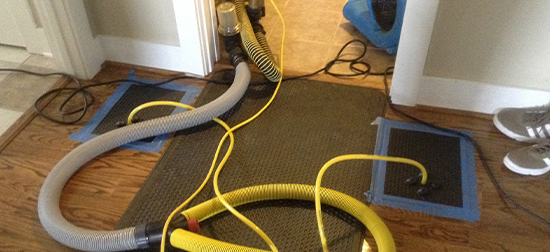Whenever people experience a house fire, they immediately anticipate obvious damage associated with the fire. That includes ash, burnt appliances, structural changes, and smoke. The last thing that people think about is water damage since fire and water are at odds. After all, water is used to put out the fire.
That is exactly why you may find water damage in your home after a fire: water puts out the fire. Still, many people are shocked to find that they have to treat water damage and fire damage alike. Read on to learn more about what you should do to treat water damage from a fire.
Anticipating The Aftermath Of A Fire in Richmond
Whenever your home or building catches on fire, the most effective way to put it out is by dousing it with water. If you have a sprinkler system set up in the building, expect for around 8 gallons to 24 gallons of water to be released per minute. Similarly, fire hoses release between 80 gallons and 125 gallons of water per minute.
In both of these cases, that is a whole lot of water being released at one time. It is a double-edged sword in the sense that it puts out the fire, but it could also cause water damage in the process. What makes it even more tricky is the fact that water damage after the fire is harder to detect.
Because of the fire, it will likely be hard to see where the water damage lies. Not to mention, water can get into cracks and crevices, which allows mold to grow away from the naked eye. All around, putting fires out can mean a whole lot of tricky business in terms of water damage.
How To Prevent Water Damage After A Fire
A lot of water was used to put out a fire in your building. You need to act swiftly as a result. Water damage gets worse over time, and it can make your home less safe. Here are some things to do after a fire to prevent water damage from setting in.
First and foremost: confirm that it is safe for you or someone else to enter the property. Assuming that a firefighter is present on the scene, you should be able to ask them. They will tell you if you are allowed to enter. If the home or building is unsafe, listen to the firefighters’ instructions before moving on to the next steps.
In the meantime, notify your insurance provider immediately. Do not wait or procrastinate. The longer you put off talking to the insurance provider, the longer it will be to mitigate any damage. In other words, more damage can build-up, forcing you to pay more money down the line.
Once you have got the all-clear to enter the building, get in touch with a Richmond water damage restoration team. You can choose a restoration service yourself, and you may get some references from your insurance provider. A certified professional can help you evaluate the damage and restore your home.
Most restoration teams will be able to tackle both the fire damage and water damage, ensuring that your home gets back to a livable condition once again. This takes the pressure off your hands while fixing your home.
Things To Avoid
After a fire, there are also some things you should avoid to protect your safety during the restoration process. Most importantly, never enter a building or room with structural damage. The fire department will be very clear about where you can and cannot enter. Do not ignore their advice.
If you feel unsafe, it is best to avoid the area. You do not want to put your life at stake for any reason. Listen to the firefighters’ advice and do what makes you feel most comfortable. This will keep you, as well as everyone else, safe in the process.
Additionally, do not use electronics or electric appliances in the home until you have confirmed nothing is wet. You likely know this already, but water is a very strong conductor of electricity. This means that you could easily become electrocuted whenever you are exposed to both water and electricity. Some electrocutions can be so serious that they take your life.
If you see any excess water, do not use a vacuum to suck it up. Once again, electricity and water do not go well together. Vacuums require electricity to work. Instead, use a sump pump. Sump pumps are specially designed to move excess water in a way that is safe and efficient.
Finally, do not take on disaster restoration on your own. Even if you think you can handle it, it is always best to hire a professional. Unless you have specific skills and knowledge, you could make the situation worse and put yourself at risk.
More so, you won’t know what to look for. This means that you may miss crucial signs of water damage, fire damage, structural issues, and more. Hire a professional to ensure that your home is clean and safe for you to live in again.
Damage Restoration
Even if you do not think that you have water damage, it is always smart to contact a damage restoration professional. They will be able to adequately assess the situation to make sure your home is safe. Not to mention, they will be able to target both water and fire damage. This allows you to tackle your home’s structure from all points.
Conclusion
A house fire can cause serious damage to your home. Obviously, the fire can destroy walls, personal appliances, and the foundation of your home.
Even worse, the water that is used to put out the fire can cause water damage too. Water damage is pretty sneaky, especially when fire damage is present alongside it. Anticipate water damage from the beginning to act quickly and protect your home to the best of your ability.
If your home or building has caught on fire, contact VRS today to tackle your water and fire restoration.



